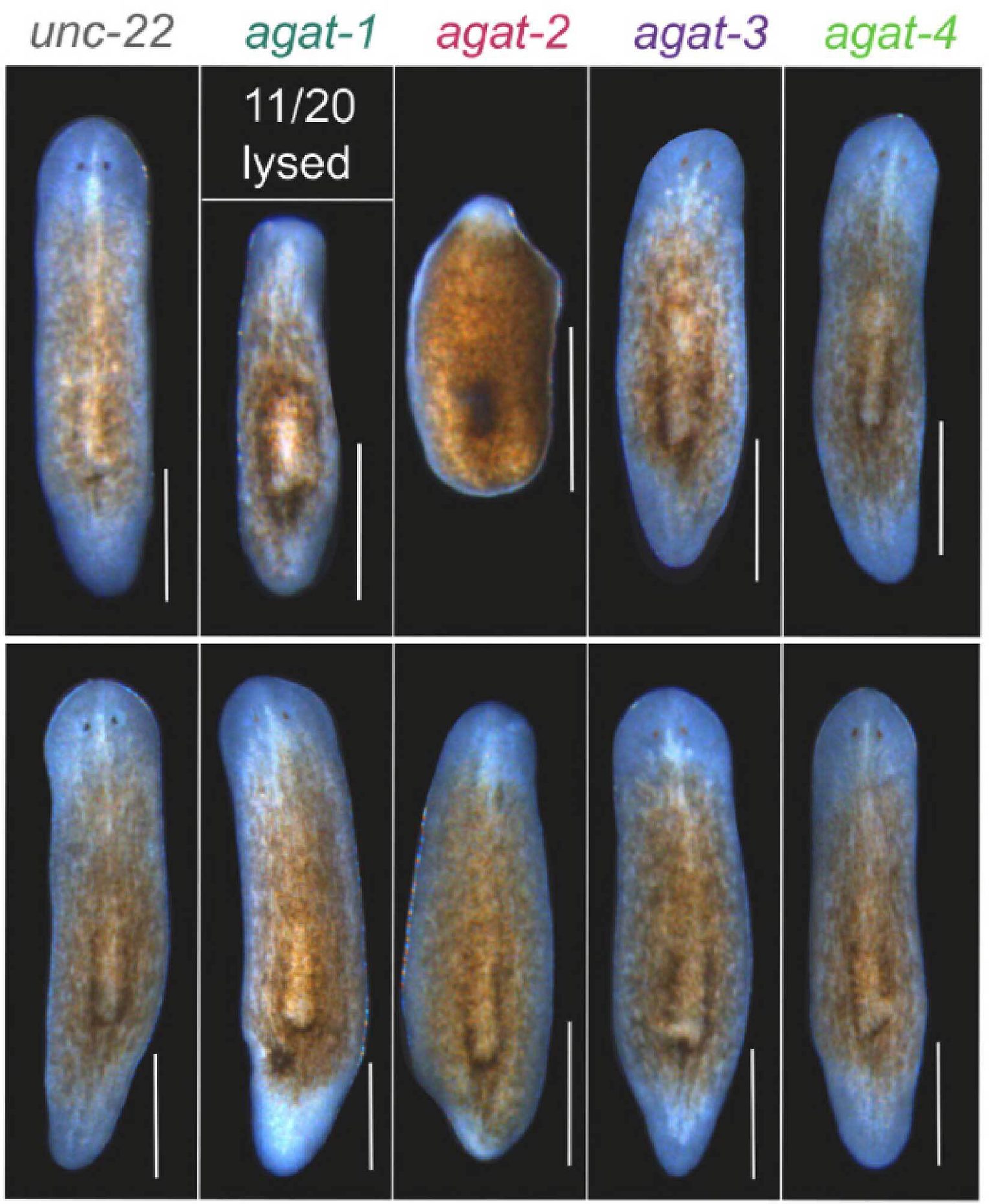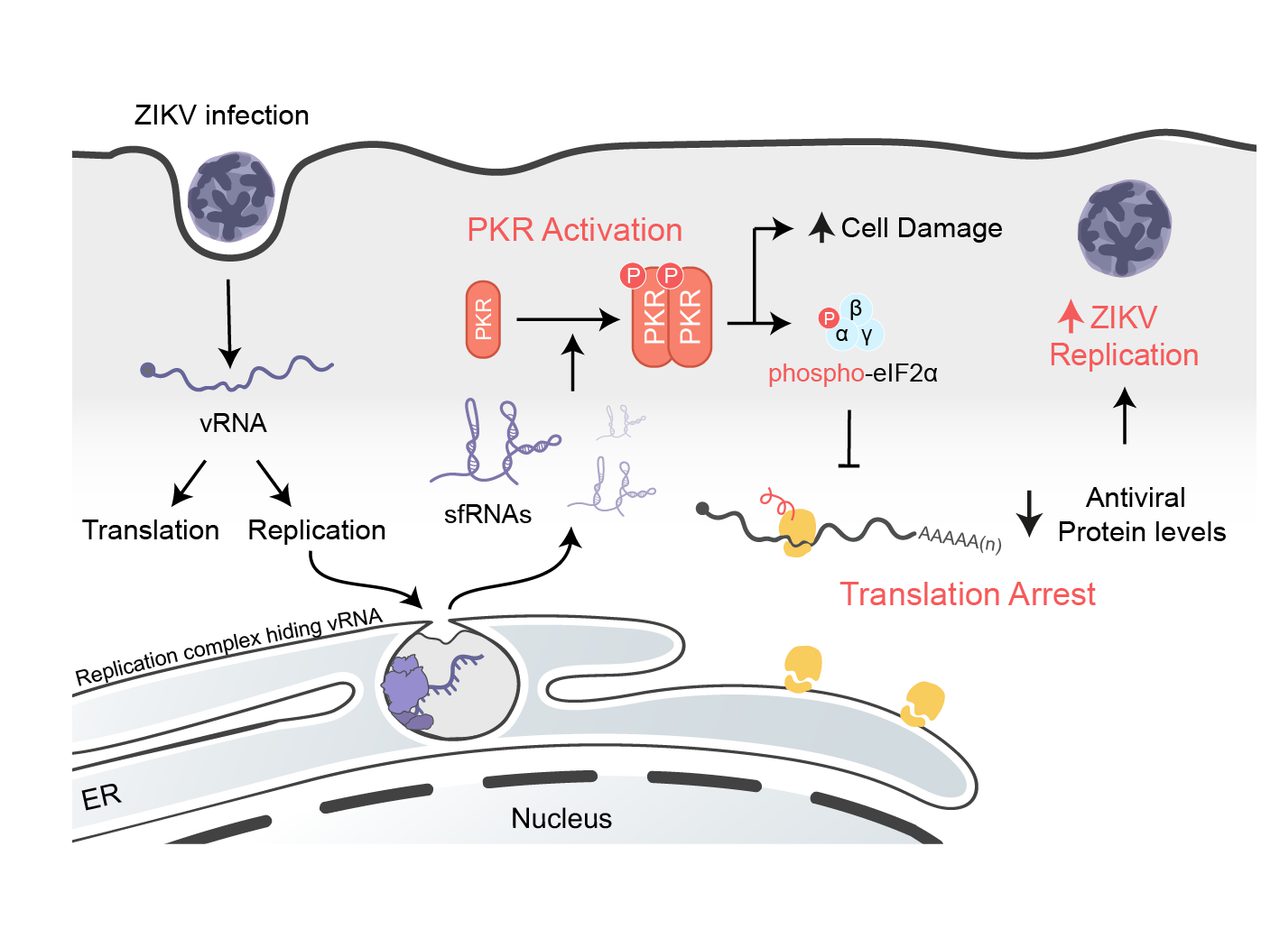What is your current research focus and why?
My research focuses on neglected tropical viral diseases, specifically dengue and Zika virus infections, which pose a growing threat in my home country, Argentina. These viruses exploit unique mechanisms to hijack essential cellular processes, enhancing viral replication while suppressing innate antiviral defenses. I am deeply passionate about uncovering these mechanisms to gain novel insights into viral-host interactions. My ultimate goal is to identify potential targets for the development of innovative antiviral therapies.
Growing up, what career did you want to pursue?
As a child, I was always fascinated by astronomy and biology. My relatives and friends would often gift me science-related books for my birthdays. I remember one book about marine animals that I read repeatedly. When I was 8 years old, my grandparents gifted me a kid's telescope and microscope. I vividly recall seeing Mars for the first time through the telescope and spending hours examining flowers and leaves under the microscope. From an early age, I knew I wanted to pursue a career in the natural sciences.
When and how did you become interested in a career in science?
During secondary school, I participated in various programs at the University of Buenos Aires that allowed students to work in laboratories and explore different scientific disciplines. I worked in a lab testing antidiabetic drugs in a mouse model and realized that I wanted to pursue a career in research that could improve people's quality of life. This experience solidified my desire to work on diseases and contribute to managing and understanding them.
What made you decide to join the Bazzini Lab at the Stowers Institute?
In 2022, I collaborated with the Bazzini Lab to study the translation of host cell genes—how proteins are made from the host’s genes—during Zika virus infection. The Bazzini Lab's expertise in ribosome profiling, a technique crucial for our research, made this highly valuable. During this collaboration, I was impressed by the lab's innovative approach, supportive environment, and commitment to scientific excellence. These qualities, along with the opportunity to work with leading experts in the field, motivated me to join the Bazzini Lab at the Stowers Institute.
What is your favorite non-research related memory at the Stowers Institute so far?
My favorite memory at the Stowers Institute is playing the piano in the library. I enjoy when colleagues from different labs come to listen, sing, or even dance while I play. It creates a wonderful sense of community and connection.
What is your favorite thing to do in Kansas City?
I love visiting the River Market on weekends to buy organic products for cooking during the week. It's a great way to unwind and enjoy the local atmosphere.
Where do you see yourself in 10 years?
In 10 years, I envision myself leading my own laboratory, focusing on the study of neglected viral diseases. I aim to contribute significantly to the understanding and management of these diseases through innovative research.
What advice do you have for other people curious about a career in science?
My advice is to stay curious and never stop asking questions. Science is driven by curiosity and the desire to understand the world around us. Get involved in research early, even if it's through internships or volunteer opportunities. Hands-on experience is invaluable and will help you determine what areas of science you are most passionate about.
To read more Postdoc Profiles, click here.




